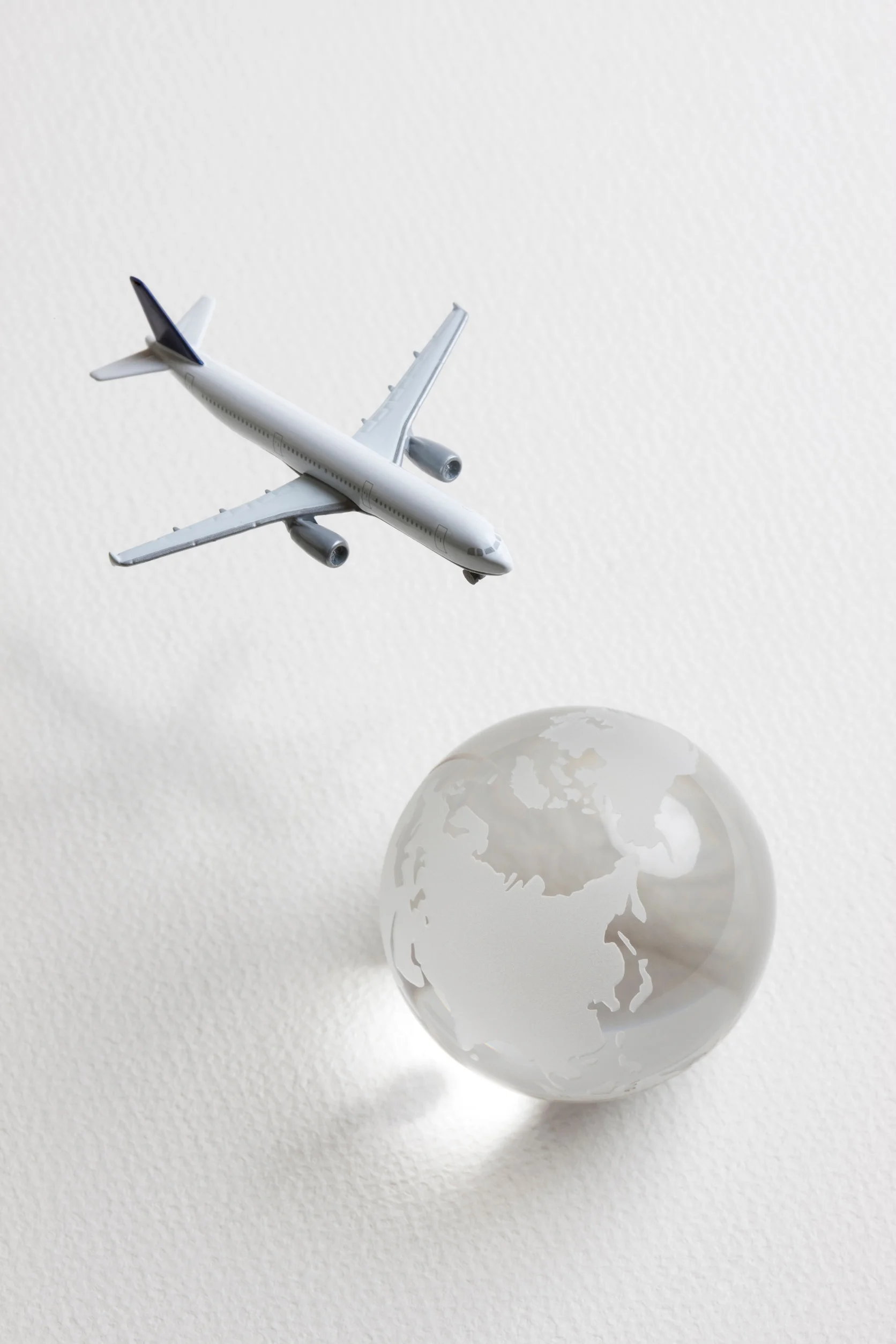Cameroon Languages Spoken in Cameroon – What Should Tourists Know?
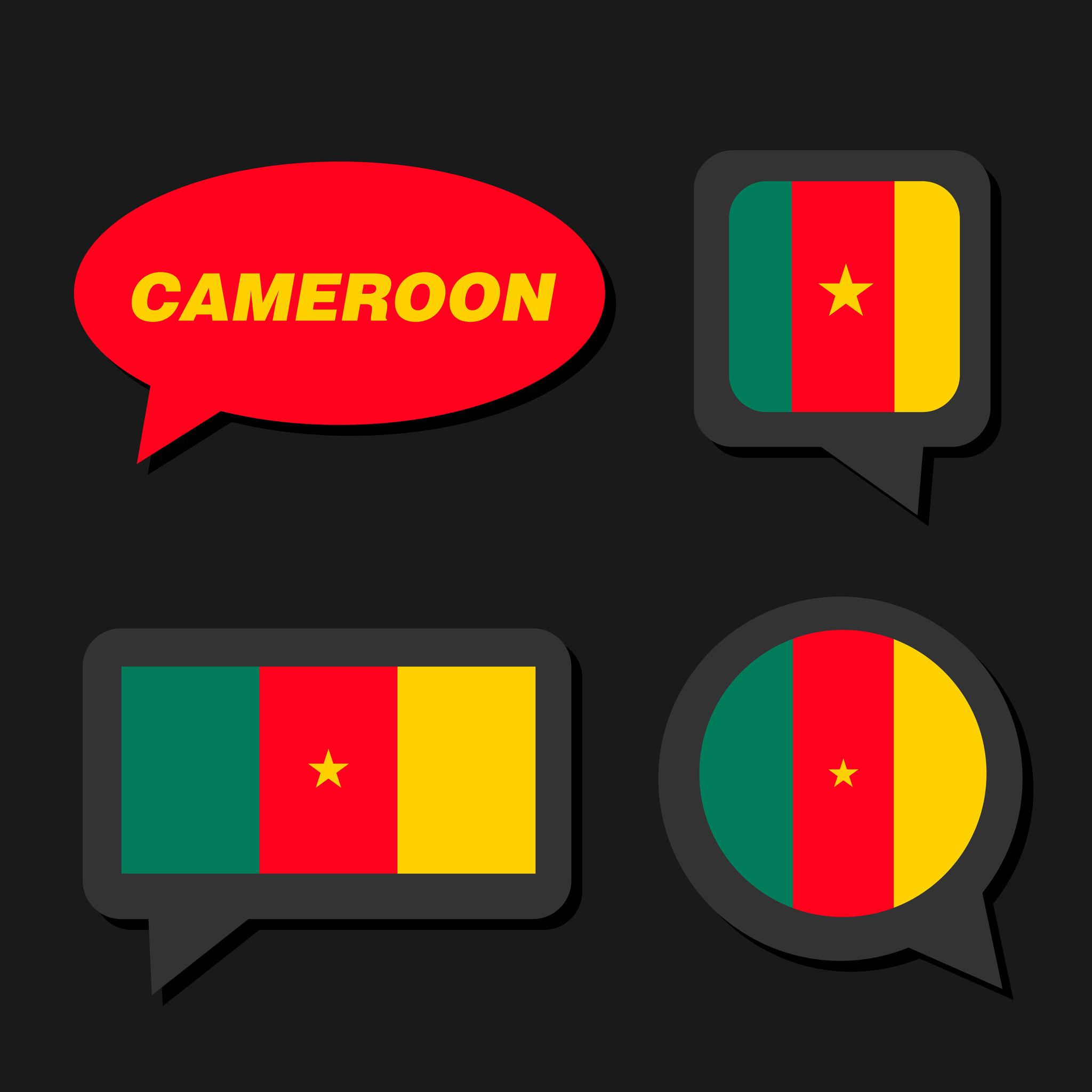
Cameroon, a nation often referred to as "Africa in Miniature" due to its rich tapestry of climates, landscapes, and cultures, offers an equally diverse linguistic experience. For tourists planning a visit, understanding the country's unique language dynamics is key to unlocking its vibrant cities, diverse communities, and stunning natural beauty.
An Introduction to Cameroon’s Linguistic Diversity
Cameroon stands out as one of the most linguistically diverse countries in the world. With a population of just over 29 million people, it is home to an astonishing array of languages, a testament to its complex history and myriad ethnic groups. This linguistic richness is not merely academic; it permeates every aspect of daily life, from bustling markets to quiet villages.
Why Cameroon Is Known as “Africa in Miniature” – Especially in Language
The moniker "Africa in Miniature" extends beyond geography and climate to encompass Cameroon's linguistic landscape. Just as the continent boasts a multitude of language families and cultural expressions, so too does Cameroon. From Bantu languages in the south to Chadic languages in the north, and with the lasting imprint of European colonial powers, Cameroon encapsulates a microcosm of Africa's linguistic diversity. This makes every region a unique sonic experience for the curious traveler.
Official Languages in Cameroon
Cameroon official languages are French and English, holding equal status under the constitution. This linguistic duality stems from the period after World War I, when the former German colony of Kamerun was divided and administered by France and the United Kingdom. This history has led to a fascinating blend of these two European languages across the nation, creating a distinctive bilingual character.
For visitors, it's really important to know about this language mix. Learning just a few basic French phrases will help you a lot in most parts of the country. But don't worry, English is also easy to understand in the English-speaking areas. You'll often find that people who work in hotels and tourist spots in bigger French-speaking cities like Douala and Yaoundé also understand English well. Having both French and English spoken here makes Cameroon even more interesting and a very special place to visit.
French and English in Cameroon: What Tourists Should Expect
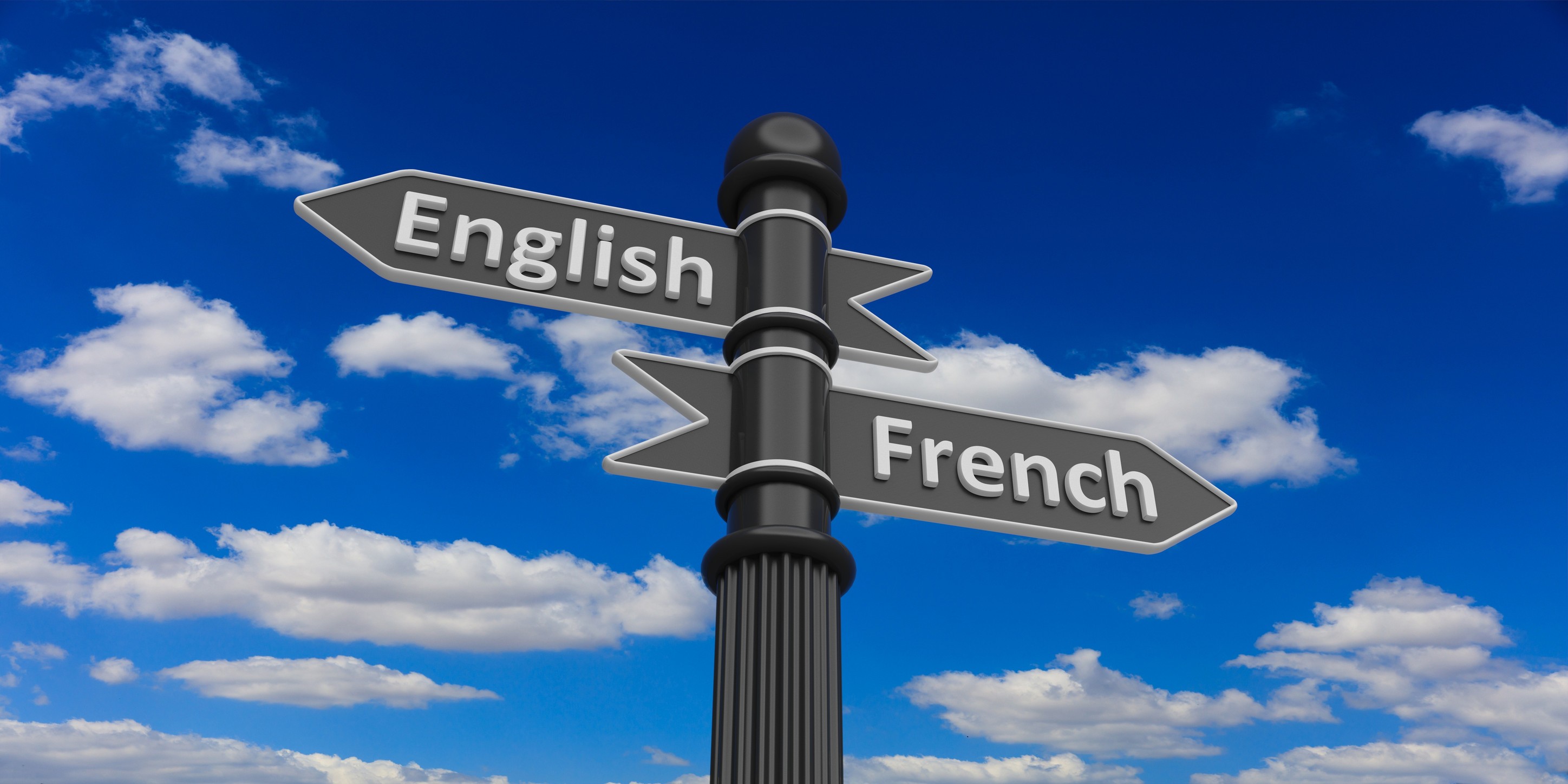
Cameroon's official languages are French and English, a legacy of its colonial past. After World War I, the former German colony of Kamerun was divided between France and the United Kingdom. This history has led to a fascinating linguistic duality. Tourists should expect to encounter both languages, though their prevalence varies significantly by region. French is the dominant official language, spoken by roughly 83% of the population, while English is the official language for about 17%.
How Bilingualism Works in Practice in Cameroon’s Cities
In major cities like Douala and Yaoundé, which are predominantly French-speaking, a practical form of bilingualism is often observed. While French is the language of government, education, and much public life, you'll find English speakers in hotels, tourist areas, and among younger, educated populations. There's a growing awareness and promotion of bilingualism at the national level, meaning many Cameroonians, particularly in urban centers, have at least some exposure to both official languages.
Navigating Public Services as a Tourist: Which Language is Used Where?
When interacting with public services, tourists will generally find that the official language of the region dictates the primary language of communication.
- Francophone Regions (most of the country): Government offices, police stations, and hospitals will primarily operate in French. While some individuals may speak English, it's not guaranteed.
- Anglophone Regions (Northwest and Southwest): English is the primary language for public services here. However, due to national integration efforts, French is also often understood or spoken by staff. For critical interactions, especially if you don't speak the local official language, consider having a translation app ready or seeking assistance from a local who can interpret.
Where French is Predominant in Cameroon
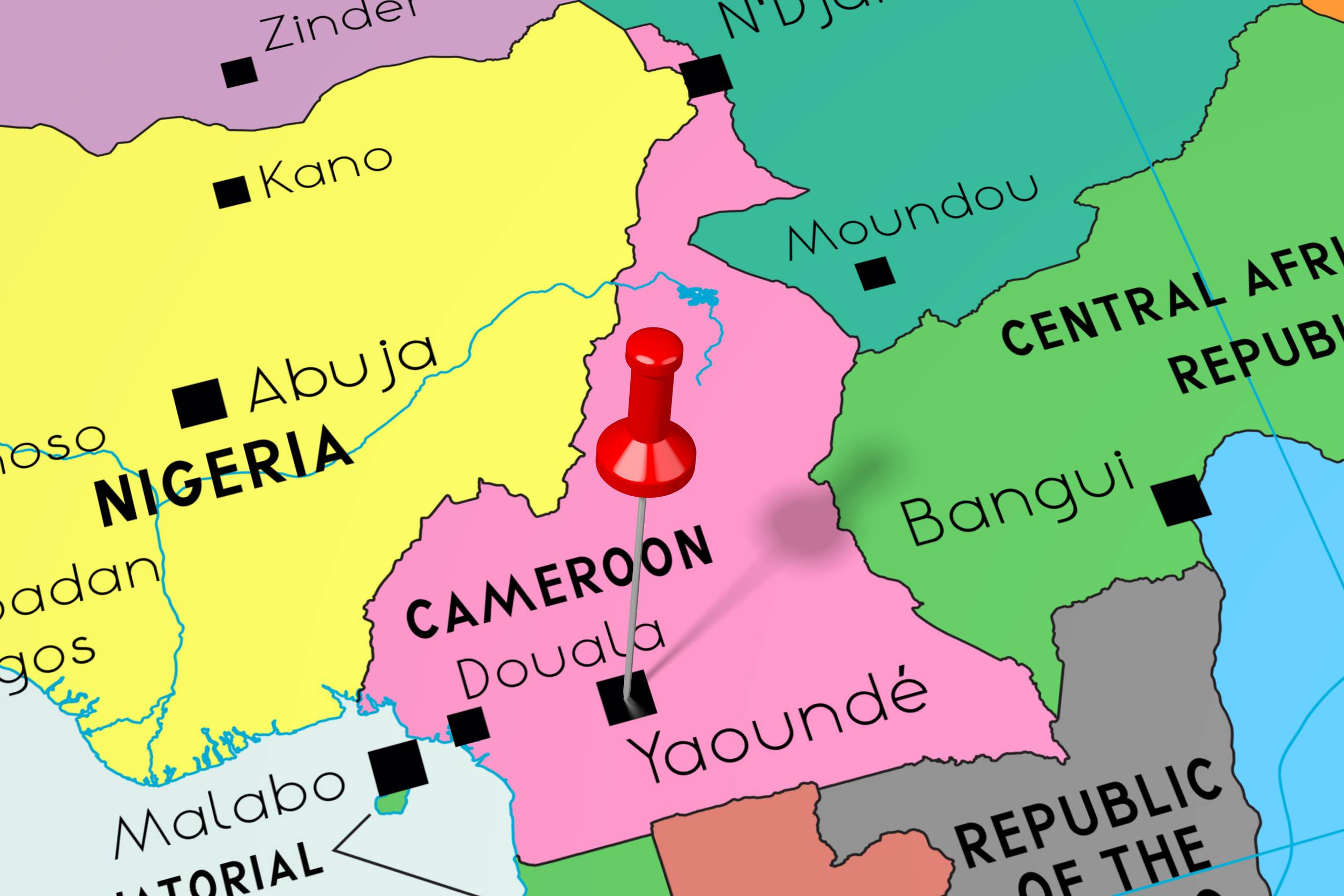
French is the lingua franca across the majority of Cameroon's ten regions. These include:
- Centre (Yaoundé): The capital city and surrounding region are predominantly French-speaking.
- Littoral (Douala): Cameroon's economic capital is a vibrant French-speaking hub.
- South: This region, stretching towards the coast, is primarily French-speaking.
- East: The vast eastern region, bordering the Central African Republic, is also French-speaking.
- Adamawa: This central highland region, while having a significant Fulfulde-speaking population, uses French as its official language.
- North and Far North: While indigenous languages like Fulfulde and various Chadic languages are widely spoken, French serves as the official language for administration and education.
Where English is More Commonly Spoken in Cameroon
In Cameroon, English is the main official language in two specific areas, which together are often called "Anglophone Cameroon" because of their historical ties to Britain. These regions are the Northwest Region, where you'll find cities like Bamenda, and the Southwest Region, which includes coastal towns such as Buea and Limbe. If you're a tourist visiting these parts of Cameroon, you'll notice that English is widely used for everyday communication. This means that in schools, government offices, shops, and most other businesses, English will be the primary language you hear and use.
Languages in Douala vs Yaoundé vs Buea: What Tourists Will Hear
- Douala: As the economic hub, Douala is overwhelmingly French-speaking. However, due to its cosmopolitan nature, you'll encounter a mix of indigenous languages and some English speakers, especially in business and tourism sectors. Cameroonian Pidgin English is also widely understood and spoken.
- Yaoundé: The political capital is also predominantly French-speaking. Similar to Douala, a variety of indigenous languages are spoken, and some English is understood in tourist-facing establishments.
- Buea: Located in the Southwest Region, Buea is distinctly English-speaking. While French is taught in schools and understood by many, English, alongside Cameroonian Pidgin English and local languages, is the primary means of daily communication.
Top Indigenous Languages Tourists Might Hear in Cameroon
Beyond the official languages, Cameroon boasts an incredible linguistic tapestry of over 250 indigenous languages. While tourists won't be expected to learn them, an awareness of their presence is valuable. Some of the more prominent indigenous languages you might hear include:
- Ewondo: Spoken by the Beti people, concentrated around the Centre, South, and East regions.
- Duala: Found in the Littoral region, particularly around Douala.
- Bassa: Spoken by the Bassa people, primarily in the Littoral and Centre regions.
- Fulfulde: A widely spoken language in the northern regions of Cameroon, serving as a lingua franca among various ethnic groups.
- Kom, Limbum, Mankon, Bali: These are some of the prominent languages in the Anglophone regions.
The Role of Pidgin English in Everyday Communication
Cameroonian Pidgin English (often called Kamtok or simply Pidgin) is arguably the most vital lingua franca in Cameroon. It is a creole language based on English, with significant influences from French and various indigenous Cameroonian languages. While it's spoken as a first language by a small percentage, it is understood and used for everyday communication by an estimated 50% of the population, bridging the gap between different linguistic groups, especially between Anglophones and Francophones. For tourists, learning a few Pidgin phrases can be a great icebreaker and a fun way to engage with locals.
Fulfulde, Ewondo, and Other National Languages: A Brief Introduction
Many of Cameroon's indigenous languages also serve as "national languages" in the sense that they are widely spoken across specific regions and hold significant cultural importance.
- Fulfulde: Beyond being an indigenous language, it functions as a regional lingua franca in the three northern regions (Adamawa, North, Far North), facilitating communication among diverse communities.
- Ewondo: Plays a similar role in parts of the Centre, South, and East regions, especially around the capital. These languages are vital for cultural expression, oral traditions, and local commerce.
How Many Languages Are Spoken in Cameroon? (Hint: Over 250!)
The exact number is subject to ongoing research, but estimates generally place the number of languages spoken in Cameroon at over 250, making it one of the most linguistically diverse countries on the continent, if not the world. This astounding figure reflects the country's rich ethnic diversity and the enduring nature of local traditions.
Language and Identity in Cameroon: What Travelers Should Understand
Language in Cameroon is deeply intertwined with identity. For many, their indigenous language is a crucial marker of their ethnic group, family history, and cultural heritage. While French and English are official languages and provide a sense of national unity, the vast array of local languages reinforces regional and ethnic identities. Travelers should understand that respecting these linguistic differences is a sign of respect for Cameroonian culture.
Greetings and Basic Phrases in Cameroonian Languages
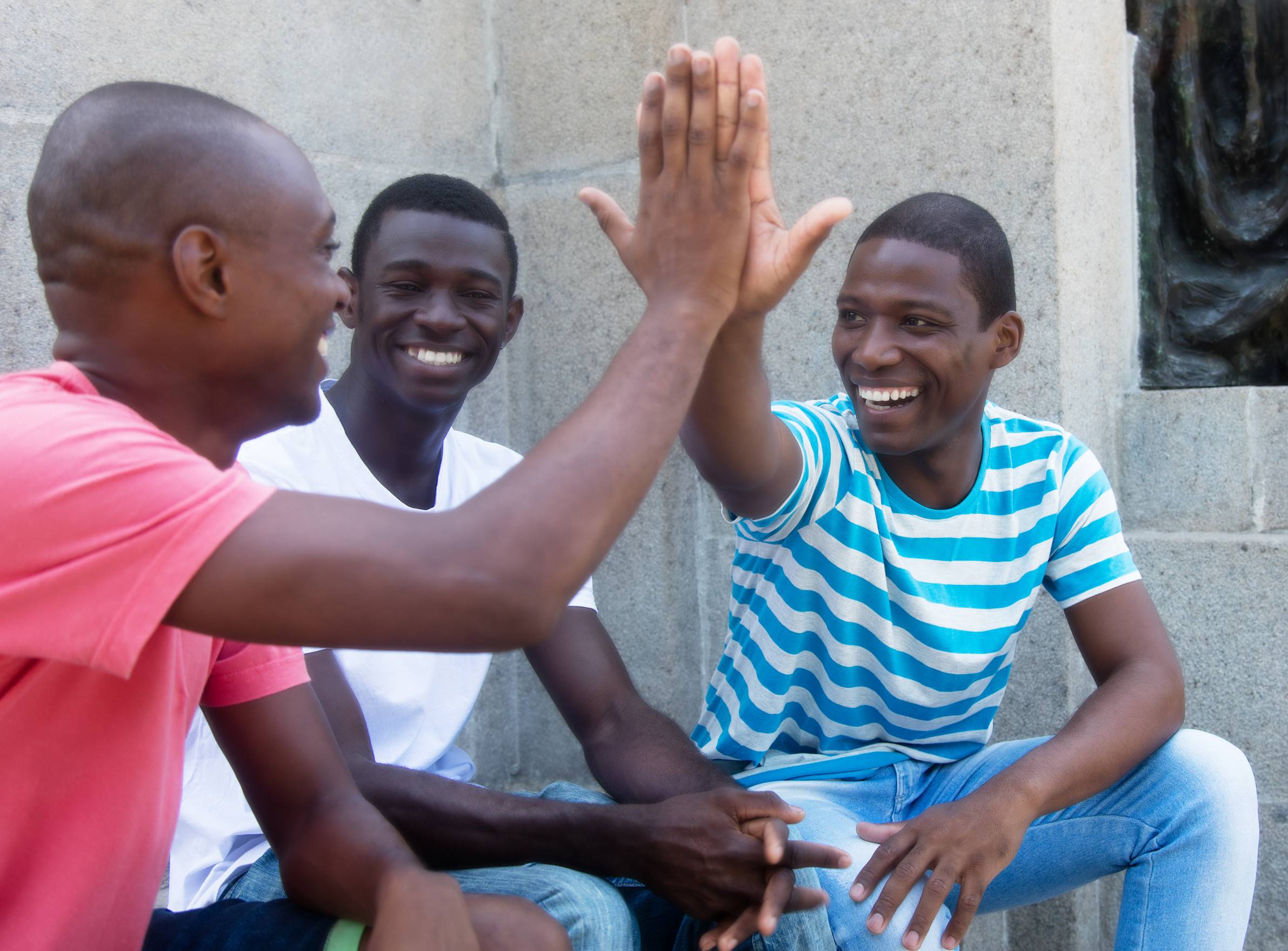
Learning a few basic greetings in French, English, and even some Pidgin will greatly enhance your interactions.
- French: "Bonjour" (Hello/Good day), "Merci" (Thank you), "S'il vous plaît" (Please), "Comment ça va?" (How are you?).
- English: Standard greetings will suffice.
- Cameroonian Pidgin English: "How far?" (How are you?), "I fine" (I'm fine), "Thank you" (Thank you), "Wusai...dey?" (Where is...?). Locals genuinely appreciate the effort when foreigners try to speak a few words in their local tongue or Pidgin.
Cameroon Language and Hospitality: How Locals Connect with Tourists
Cameroonians are renowned for their warmth and hospitality. Language often becomes a bridge for connection. Even if there's a language barrier, locals are often eager to help, using gestures, finding someone who can translate, or patiently trying to understand. Attempting to speak a few words in their language or Pidgin can elicit genuine smiles and open doors to more authentic experiences, showcasing your respect for their culture.
Do You Need to Speak French or English to Travel in Cameroon?
While not absolutely essential, speaking at least one of the official languages (preferably French for wider reach) will significantly enhance your travel experience. You can get by in major tourist areas with English, but venturing into more rural Francophone regions without French can be challenging. Knowing some French will grant you more independence and access to a wider range of experiences.
Tips for Getting Around Language Barriers in Cameroon
Here are tips for getting around language barriers in Cameroon, expanded into simplified paragraphs:
- Learn Basic Phrases: Master essential greetings and polite phrases in French.
- Use Gestures: Non-verbal communication is universal.
- Speak Slowly and Clearly: Enunciate your words if speaking English or French.
- Write Things Down: If possible, write down names of places or items to avoid miscommunication.
- Be Patient and Smile: A positive attitude goes a long way.
- Seek Out Younger People: Younger generations are often more likely to have some English proficiency.
Best Translation Apps or Phrasebooks for Traveling in Cameroon
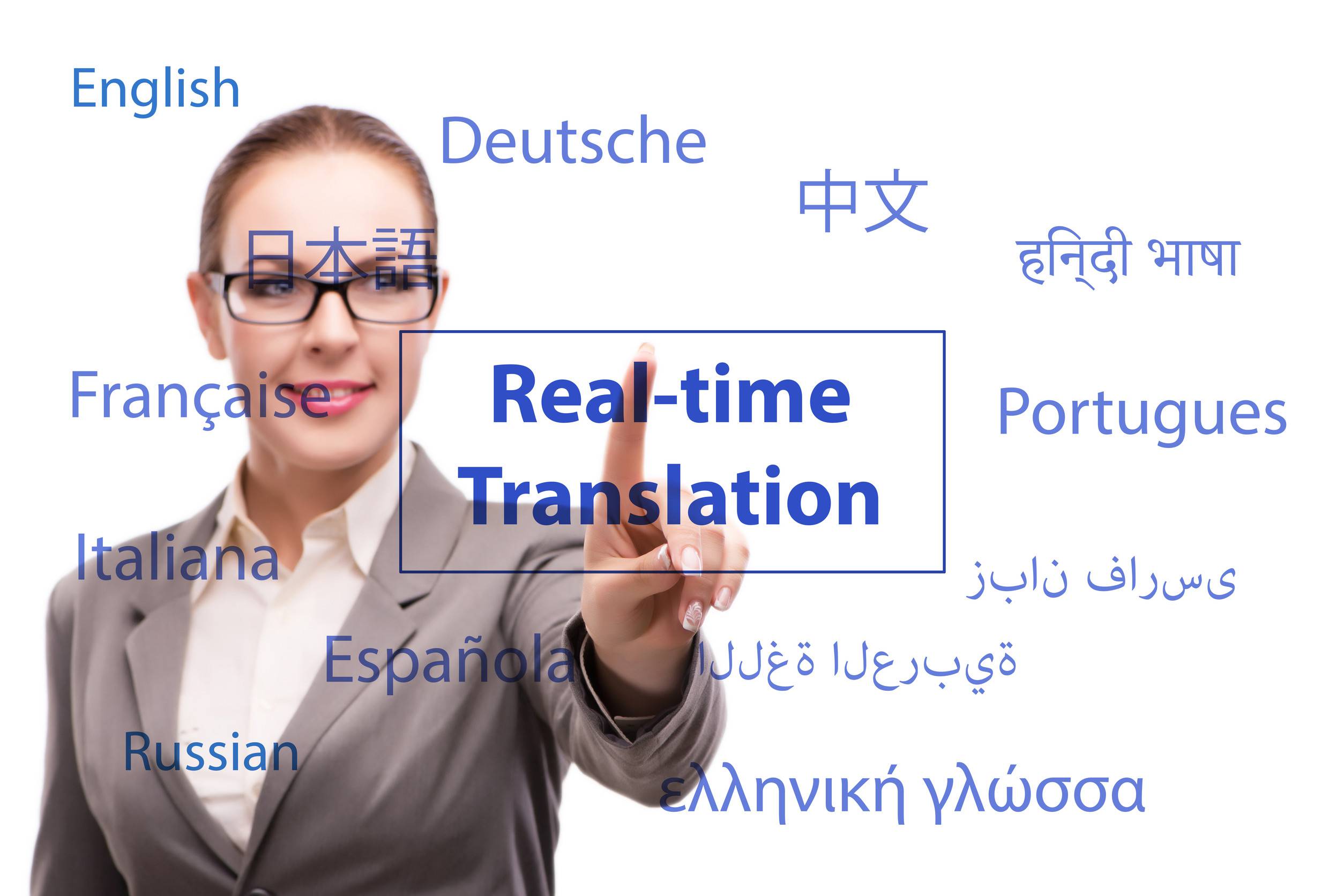
- Google Translate: Download the offline French and English language packs. Its real-time translation feature can be incredibly helpful for quick phrases or reading signs.
- Offline Dictionary Apps: Apps like "French English Dictionary & Translator" can be useful.
- Small Phrasebook: A compact French phrasebook can be handy for quick reference, especially if you prefer not to rely on your phone.
Hiring Local Guides or Interpreters – Is It Necessary?
For specific activities like trekking in national parks, exploring remote villages, or delving into local markets where indigenous languages are dominant, hiring a local guide or interpreter is highly recommended. They can bridge language gaps, offer cultural insights, and enhance your safety and understanding. For general city exploration, it's not always necessary, especially if you have some French or English.
Language Tips for Backpackers and Independent Travelers
Here are language tips for backpackers and independent travelers, simplified and expanded into paragraphs:
- Embrace Pidgin: It's a lifesaver for budget travelers, especially in informal settings.
- Stay in Hostels/Guesthouses: Staff often speak English or French and can offer valuable language assistance.
- Be Resourceful: Don't be afraid to ask for help from fellow travelers or friendly locals.
- Carry a Small Notebook: For jotting down essential phrases or names of places.
- Be Prepared for Misunderstandings: It's part of the adventure!
Funny or Surprising Language Encounters from Tourists in Cameroon
Many tourists share stories of delightful language encounters. A common one is the surprise at how widely Pidgin English is understood, even in Francophone areas, leading to amusing attempts by locals to teach foreigners phrases like "My belle don full" (I'm full/satisfied). Others recount moments of genuine connection forged despite significant language barriers, relying on smiles, gestures, and shared laughter, proving that human connection transcends linguistic differences. Tourists might also be surprised by "Camfranglais," a dynamic street language blending French, English, and local slang, primarily used by urban youth, which can be challenging but fascinating to witness.
How Multilingualism Shapes the Cameroonian Travel Experience
Cameroon's profound multilingualism shapes the travel experience in unique ways. It means that every region offers a distinct linguistic flavor, contributing to the "Africa in Miniature" feel. It encourages tourists to be more adaptive, patient, and open to different forms of communication. Ultimately, it fosters a deeper appreciation for Cameroon's rich cultural tapestry, where language is not just a tool for communication, but a living, breathing aspect of its diverse identity. Navigating this linguistic landscape becomes an integral part of the adventure, offering insights into the country's past, present, and vibrant future.
Disclaimer: While this information was last updated in January 2026, we strongly suggest confirming all travel details with the appropriate governmental agencies, embassies, and airlines.
Applying for a Cameroon eVisa
- Step 1: Complete the online application form with your personal details and passport information.
- Step 2: Proceed to securely pay online using your credit card.
- Step 3: Check your email for payment confirmation and receipt of your Cameroon eVisa, which will be sent electronically.



